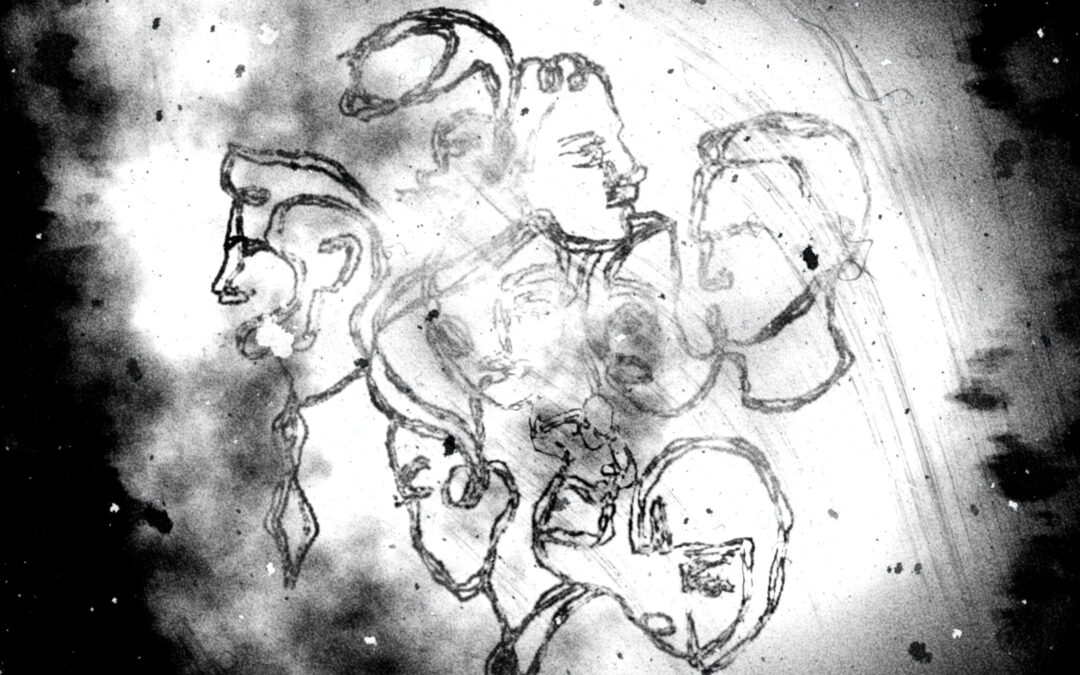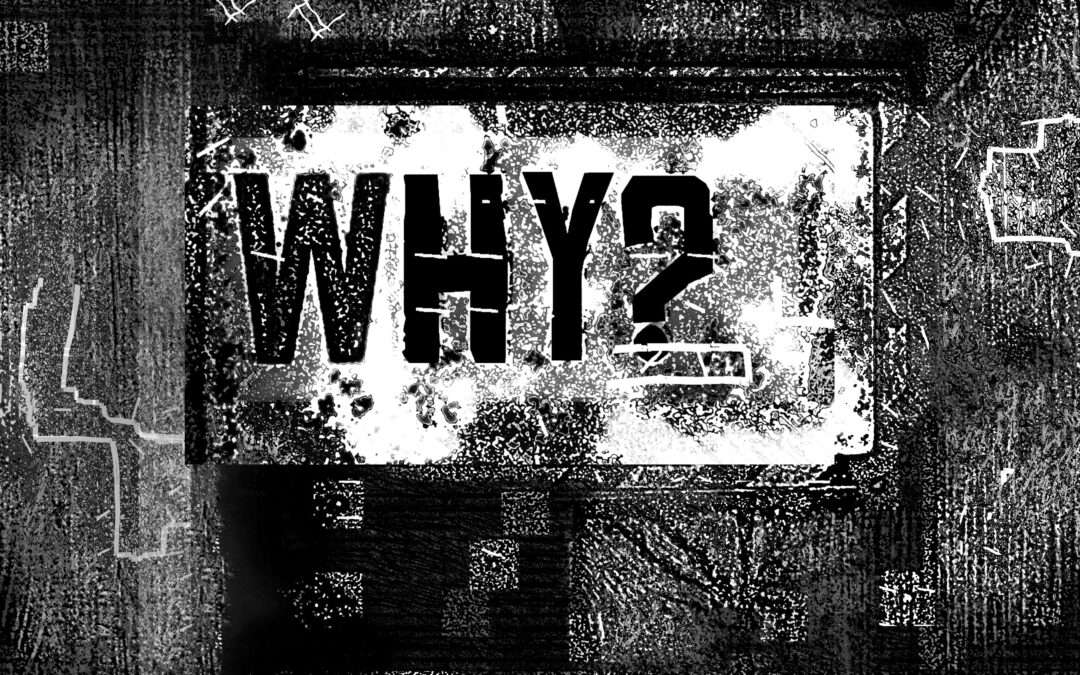Welcome to the Shadows research project
What does it mean to make and sustain a life across borders when you are denied the economic means to do so? And to do that work of making life day after day, month after month, year after year? How are lives unmade, made, and re-made in these shadows of Britain’s welfare state?
Our research project (called Shadows, for short) asks these questions about the lives of families and unaccompanied young people with insecure migration status in England. We focus on those who have been excluded from the UK’s welfare system through the ‘no recourse to public funds’ (NRPF) immigration policy. Previous research on this policy has tended to focus on short-lived moments of crisis when families seek support from charities or local authorities. But relatively little is known about how people with NRPF sustain themselves physically, socially, and relationally over time in the context of extreme and ongoing precarity.
Eve and Rachel’s pilot study highlighted the importance of paying heed to these longer-term experiences. For example, we were struck by Abiola’s story of living with NRPF:
“Bit by bit, I opened a box. A shoebox. I made into something like a safe. And I started dropping money inside that place for four, five years… Everywhere I go, I take that box with me… Even if I’m starving, I didn’t touch that money. Even if I was desperate need, I didn’t touch that money. Because I was really desperate. This is the money that is going to save me out of this condition. So, I saved it and then I took it down to a lawyer, and then was able to apply for [immigration papers].”
By spending extended periods of time with participants in Shadows, we will have the opportunity to better understand the deep and enduring effects of NRPF as well as the creative, strategic, and persistent ways that people with NRPF strive to make and sustain meaningful lives.
Marginalised childhoods
The scant existing research on NRPF highlights that mothers and children from Britain’s former colonies are the hardest hit by this policy, often left homeless and subject to exploitation and abuse. It is not hard to see why we have called NRPF a policy of enforced destitution and racialised debt. At the same time, as Rachel was working on another research project about unaccompanied child migrants in the UK, it became clear on the ground that if these young people were unable to regularise their migration status before turning 18, they commonly became subject to NRPF, were denied support provided to other care leavers and often faced extreme hardship. No research to date has tackled this issue. And, as our project partners (Displaced Collective, KRAN, Project 17, and SLRA) have told us, because families and unaccompanied young people are often siloed in policy and case work, the few organisations supporting families with NRPF have little experience working with unaccompanied young people. The organisations which do, however, have limited knowledge of NRPF advocacy. In Shadows, we will work with both groups, exploring how they are similarly and differently impacted by NRPF, in ways which can hopefully inform advocacy and activism.
In this respect, Shadows explores and builds on longstanding questions about childhood with which Rachel’s broader work is concerned with. This includes developing understandings of life’s labour through the experiences, practices, and perspectives of young people and exploring tensions between how children are imagined as a protected group (an ‘exceptionalist’ narrative) and how marginalised childhoods are experienced.
Drawing on their previous experience and research with young migrants, S Khan and Rachel will conduct two-years of ethnography with unaccompanied young people affected by NRPF in Birmingham, London, and Kent. In tandem with this, Eve will undertake long-term ethnographic research with families with NRPF in London.
Taking a long (and decolonial) view
NRPF is often attributed to either the Immigration and Asylum Act 1999, which contains the current iteration of the rule, or the emergence of the UK’s self-proclaimed ‘hostile’ immigration environment in 2012. But, NRPF has a much longer history. While it was first introduced as a specific measure of immigration control with the Immigration Act 1971, we understand it as part of a longer historical trajectory of welfare bordering policiesthat lie at the heart of racial capitalism. Taking these insights to heart, in Shadows we ask: How can historical and decolonial policy analysis help to explain the purposes, persistence, and expansion of NRPF? What insights does this generate for present-day experiences of NRPF?
Through historical and archival research, which Eve will lead on, we will investigate how NRPF has been perpetuated or rationalised through shifting colonial logics of belonging; if, how and why (post)colonial people have been targeted by the policy over time; as well as the ways in which NRPF has been contested by anti-racist groups and those affected by the policy.
Challenging welfare bordering
In the introduction to Reimagining Childhood Studies, Rachel and her co-authors/editors argue for the importance of critical scholarship that ‘brings into being’ versions of children and childhood that provide the basis for interventions, advocacy, and activism which ‘have preferable material consequences for children and those human and non-human others with whom they live their lives.’ This approach to viewing research as having world-making effects is an important reminder of our ethical and political responsibilities as we move forward with Shadows.
More specifically, our whole team (S Khan, Eve and Rachel) hopes that the project can, at least in some small way, contribute to efforts to challenge welfare bordering by engaging with people and perspectives that are often cast into the shadows, and by producing knowledge that can be useful to organisations and movements working for social transformation.
It is early days yet, but we are looking forward to putting some of our initial conversations and reflections into action as we engage in co-analysis with people living with NRPF and use creative and participatory models to share these insights with others.
You can stay up to date about Shadows by signing up to receive regular updates or just coming back to the site to see what we’ve been up to.







